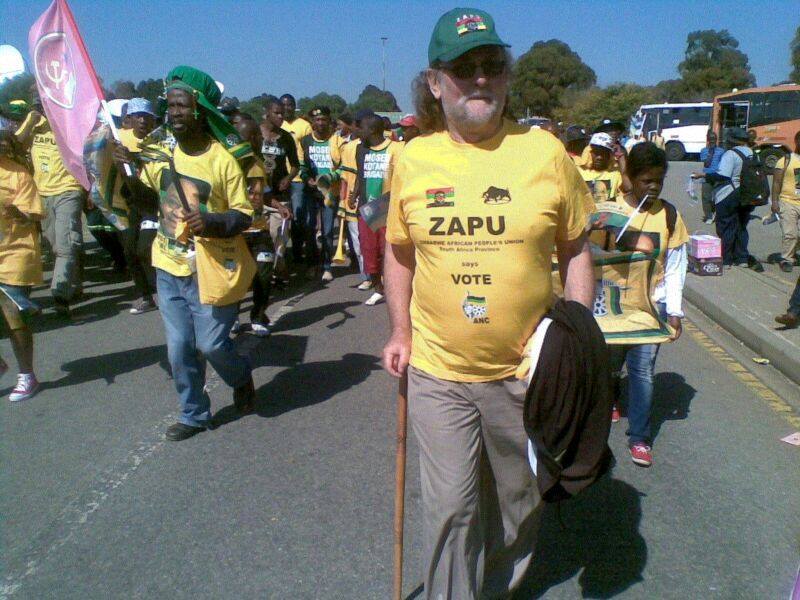- WICKNELL CHIVAYO left school at 15
- DISGRUNTLED Zimbabwe police stage uniform protest.
- MNANGAGWA wife Auxillia drops charges against nine women who boed her in Manicaland
- O.J. Simpson dies of cancer , aged 76.
- South Africa ANC is the cause of ZIMBABWE troubles claims Zimbabwe opposition politician Job Sikhala
How And Why Events In Greece Affect Us In Zimbabwe-By Ian Beddowes

The internationalized banking system began to run out of control following the deregulation of the banks round about 1980 with the coming to power of Reagan in the United States and Thatcher in the United Kingdom. Deregulation means (among many other things) that money you put into the banks for safe-keeping can be used by bankers for speculation. If they win, you gain nothing. if they lose, you lose. It furher means no limits on interest charged. In the old days, including in Zimbabwe, we had the ‘duplum’ law. This means that even if compound interest builds up over a number of years, the most that a bank or other financial institution can charge is double the original amout borrowed: thus if you borrow $100 000, you cannot pay back more than $200 000. This law has fallen by the wayside and even where it exixts, is rarely being enforced.
The IMF and the World Bank were estabished after the Second World War to assist post-War construction. The person whose idea this was was the moderate capitalist economist John Maynard Keynes. He can be seen as the father of the social democratic system of welfare state capitalism which operated in Western Europe from 1945 until about 1980.
Those running the IMF and the World Bank today are of a different mould. they represent the predatory bankers who have made unprecedented profits at the expense of productive industry the working class and the poor, insisting on state owned assets being privatized and hived off to “business people”.
In Zimbabwe, this happened to us in 1991. The Rhodesians, for all their racism, set up a relatively independent national economy which Zimbabwe inherited in 1980. In the years between 1980 and 1991, Most of what we bought in Zimbabwe was made in Zimbabwe. There was state ownership of the commanding heights of the economy and Milk Marketing Board, Cotton Marketing Board were co-operatively run by producers. Our cotton was spun in Zimbabwe, woven into cloth in Zimbabwe and tailored into quality clothing in Zimbabwe.
Then came ESAP. A little later came the ‘indigenous’ banks. These banks which collapsed in 2004, were created at a time when productive industry was in decline. Old Mutual a financial institution owned by those who used it was ‘demutualized’.
We cannot have any meaningful development in Zimbabwe without control of the banking sector. We see how the ZANU(PF) government runs desperately from China to the West then to South Africa loooking for assistance. they do not know that money is meaningless without production. They have not learned the lessons of hyper-inflation.
The Zimbabwe Communist League is the only Zimbabwean political organization with a cohesive economic recovery plan designed to build a National Democratic Economy. We cannot carry out this plan without examining both our own banking system and our relationship to the international banking system. We therefore welcome the establishment of the BRICS New Development Bank and the establishment of a centre in Johannesburg. We do not think, by the way, that it is the perfect cure for all our ills. But it is a welcome alternative to the now completely predatory and ruinous Western banking system.
It is with our own problems in mind that we follow with keen interest developments in Greece and other countries and their relationship to the banking system. In doing so we continue to remind Zimbabweans that as much as we need to be clear about the banking system in Zimbabwe and the world as a whole, that PRODUCTION must always take precedence over money. By Ian Beddowes
photo-Ian Beddowes in the forefront in yellow Zapu Tshirt